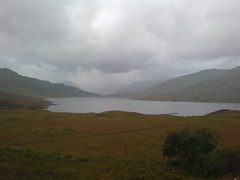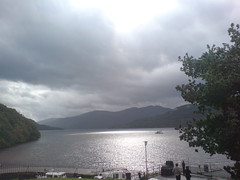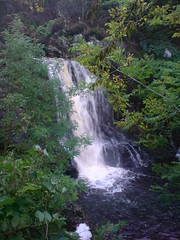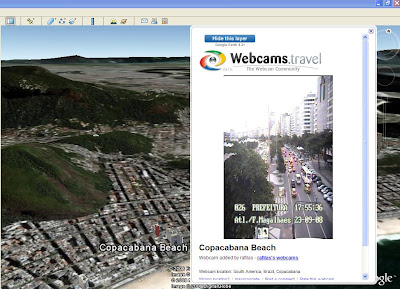
Categories: Rural Land Resources, Advanced Higher
It has become quite apparent to me of late that google, while responsible for revolutionising the way that we research information, is helping some of my students become economical with the use of their intelligence! Let me explain.... I asked Higher to bring me in a newspaper article which referred to a land use, or land use conflict at the coast. I should have been explicit in saying the British coast, which would have avoided the several Australian and American examples which top the google lists. I got one article about biogeochemistry, which I have asked for a definition of from the student concerned, and several others which were, to say the least bizarre :-0 I wondered if I would have had a different response had I insisted that no internet sources were allowed? Would this have seen a better quality of response? I may try this... Tomorrow, we'll stick with the theme of news, and start a new topic, Rural Land Resources, with a now traditional 'Have I got News for You?' Exercise. This topic really requires you to be at the top of your game in naming examples, so lots of these in the weeks to come.
I would love to say with certainty that I'll do some work on sampling etc with Advanced Higher, but Rome Trips and open days are, I would imagine, going to play havoc with my class size for the next week or so, so I'll play this by ear.


















